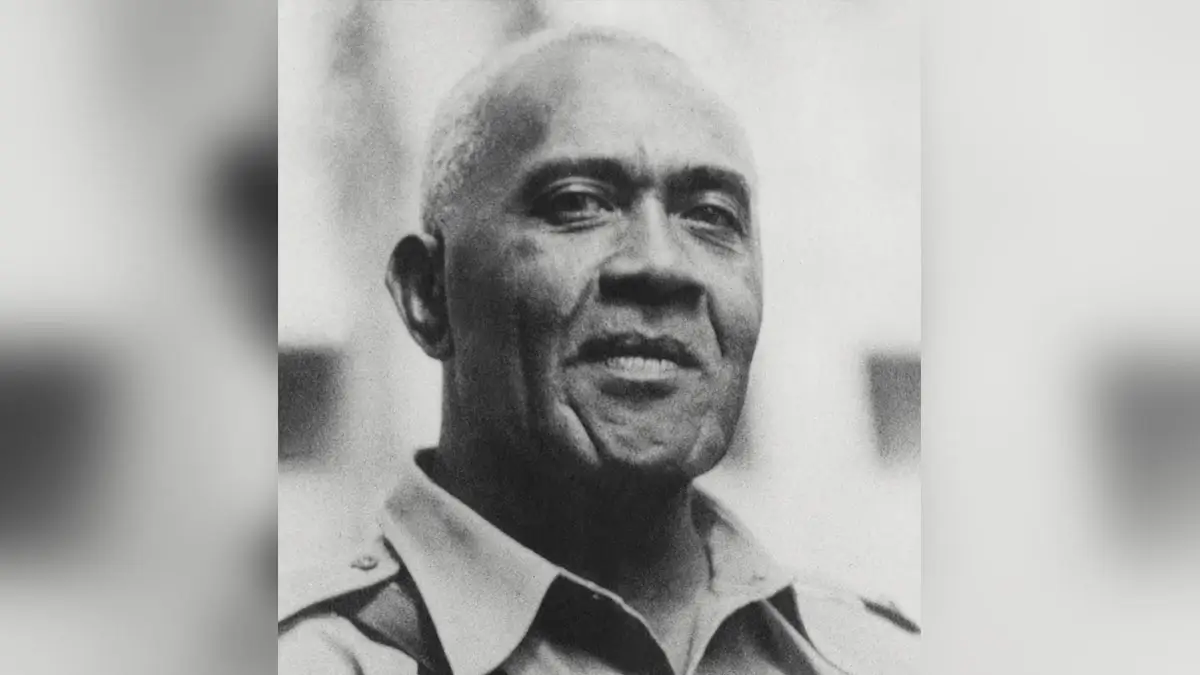
Fiji Labour Party Leader Mahendra Chaudhry said Ratu Sir Lala Sukuna was a distinguished leader and a far-sighted visionary who believed the way forward for Fiji was through peaceful co-existence.
He added Ratu Sukuna was held in high esteem by people of all races, including the colonial administrators who sought his counsel widely on matters affecting the i-Taukei.
Chaudhary said Ratu Sukuna was a skillful administrator who left a legacy of at least three landmark policies or legislation with far-reaching consequences for the i-Taukei as well as the nation.
In a sattement the party said Ratu Sukuna played a significant role in the reorganization of the Fijian administration which resulted in the setting up of the Fijian Affairs Board in 1946 and served as its first secretary.
Ratu Sukuna is renowned also for his policy on “the three-legged stool” believing that the Vanua, the church and the government must work together in ensuring the well-being of the indigenous people as well as the nation.
Chaudhary added this concept of the “three-legged stool” has since gained relevance in its application to the ideals of multiracialism in relation to Fiji’s three major races – the notion that the nation can only progress if the three legs of the ‘stool’ are treated as equals.
He added Ratu Sukuna’s commitment to multi-racialism may well go back to his childhood days when he grew up intermingling with Indian children at the Wairuku Indian Primary School in Rakiraki.